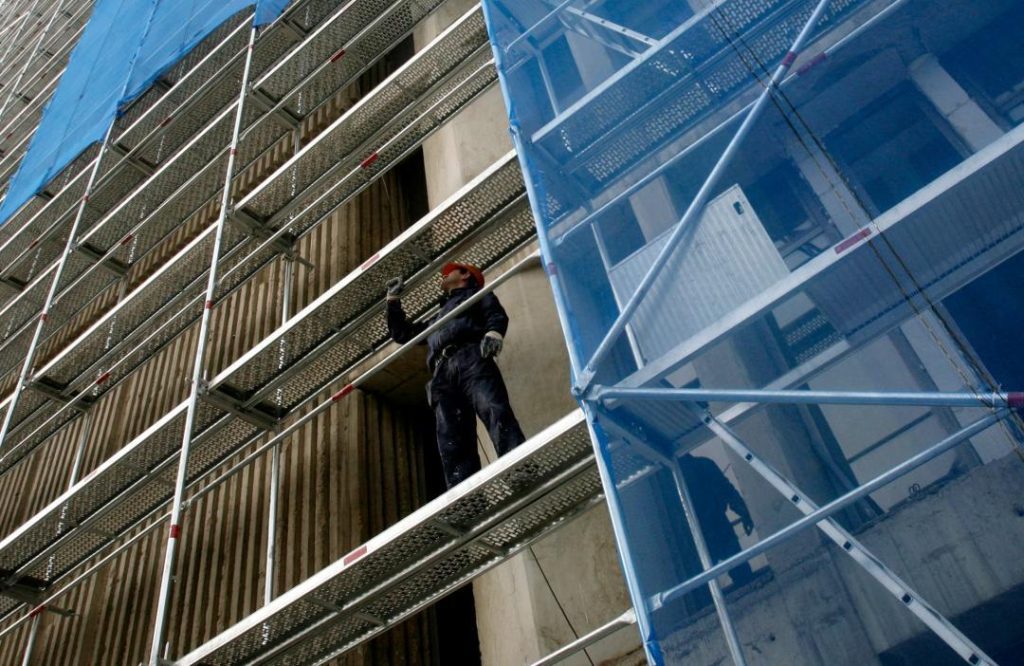
IIT Making Glass to Keep Buildings Cool in Summer & Warm in Winter
As the world grapples with the challenges of climate change, innovative solutions are being developed to make our buildings more eco-friendly and sustainable. One such breakthrough is being made by IIT Indore, which is working on a “smart glass” that can regulate light and heat by applying a small electric current. This revolutionary technology has the potential to transform the way we design and build our structures, making them more comfortable and energy-efficient.
The smart glass, also known as an electronic curtain glass, is made using a special porous organic polymer. This unique material allows the glass to change color and transparency, enabling it to block sunlight and heat when needed, or letting it in when it’s cooler. The implications of this technology are far-reaching, as it can be used to create buildings that are not only more sustainable but also more comfortable and energy-efficient.
According to officials from IIT Indore, the smart glass is designed to adapt to different environmental conditions. When it’s hot outside, the glass can change its transparency to block out the sun’s rays and keep the building cool. Conversely, when it’s cold outside, the glass can become more transparent to let in natural light and warmth. This ability to regulate light and heat makes it an ideal solution for buildings in regions with extreme climate conditions.
The development of this smart glass is a significant breakthrough in the field of materials science and engineering. The porous organic polymer used to create the glass is a game-changer, as it provides a unique combination of properties that make it ideal for this application. The polymer is not only durable and resistant to scratches, but it also has a high thermal conductivity, making it an effective heat sink.
The benefits of using smart glass in building design are numerous. For one, it can significantly reduce the need for air conditioning and heating, which are two of the most energy-intensive systems in a building. This can lead to substantial energy savings, which can be used to offset the cost of installing and maintaining the smart glass system. Additionally, the smart glass can help reduce the amount of heat generated by the building, which can reduce the risk of overheating and improve indoor air quality.
Another significant advantage of smart glass is its ability to improve the aesthetic appeal of a building. The glass can be designed to change color and transparency in response to different light conditions, creating a unique visual effect that can be used to enhance the building’s exterior design. This can be particularly useful for buildings that are designed to be visually striking, such as museums, art galleries, and performance venues.
The development of smart glass is not only a technical achievement but also an economic one. The cost of installing and maintaining a smart glass system is expected to be comparable to that of traditional glazing systems, making it a more affordable option for building owners and architects. Additionally, the energy savings generated by the smart glass can offset the cost of installation and maintenance, making it a cost-effective solution in the long run.
In conclusion, the development of smart glass by IIT Indore is a significant breakthrough in the field of materials science and engineering. This technology has the potential to transform the way we design and build our structures, making them more comfortable, energy-efficient, and sustainable. As the world grapples with the challenges of climate change, innovative solutions like smart glass are essential for creating a more sustainable future.
Source: https://repository.inshorts.com/articles/en/PTI/319121e5-f2f2-4d36-b9bd-364925f8a154






